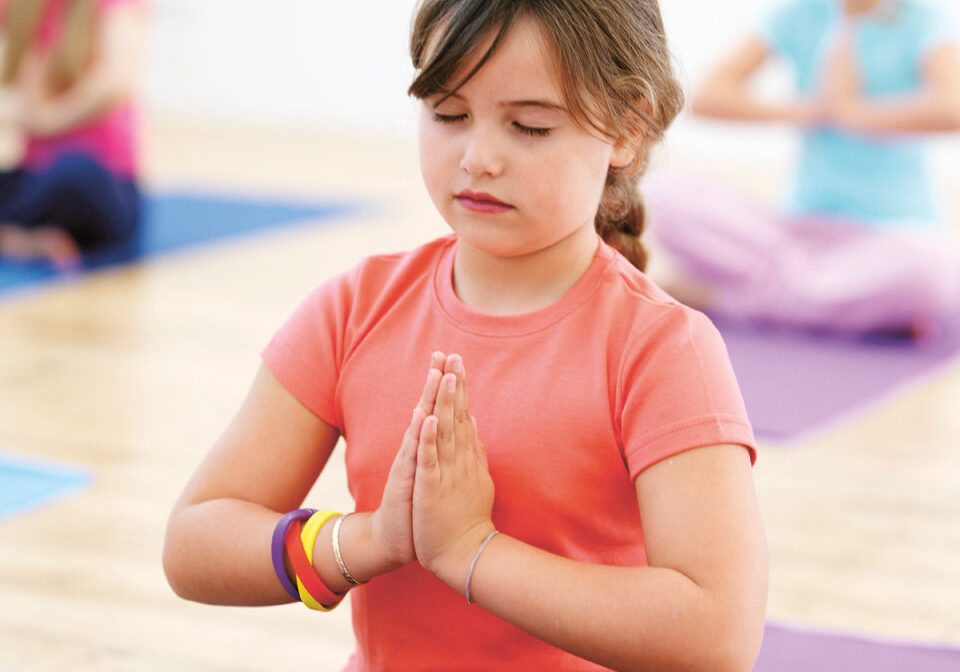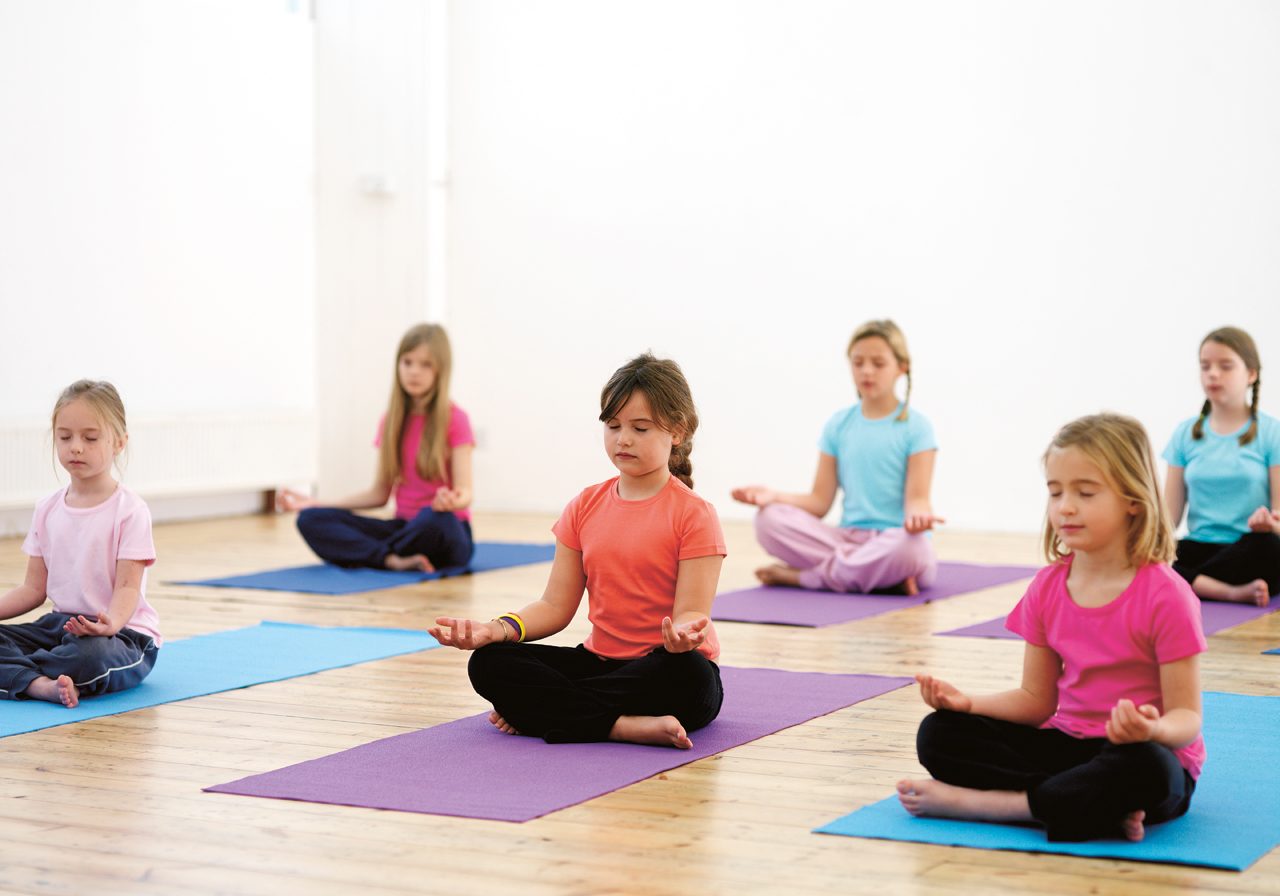
Mindfulness for kids
How mindfulness can benefit children and adolescents. By Christiane Kerr
Over four decades of research into mindfulness has shown that it can help reduce stress, anxiety and depression, develop emotional intelligence, increase mental focus and resilience and enhance physical and mental wellbeing. The majority of research has been carried out on adults but in recent years there has been increased interest in teaching mindfulness to children and adolescents. The hope is that the wide-ranging benefits that mindfulness can bring to adults, as highlighted by the ever-growing body of research, will be accessible for children, helping them develop emotionally and cognitively and allowing them to flourish.
The research into mindfulness for children is still in its infancy, so we have to be tentative with any firm conclusions. However, there are already positive signs that a mindfulness practice can have an empowering and positive impact on children and adolescents and there is confidence that the research findings will continue to support existing conclusions.
Wellness (physical and mental wellbeing)
A variety of studies looking at mindfulness practiced in schools have highlighted a greater sense of wellbeing, resilience and feelings of calmness and relaxation as well as improving sleep. Pupils practicing mindfulness have shown reductions in stress, test anxiety and ADHD symptoms, general anxiety, and depression.
Emotional regulation
One of the most positive signs that emerges from the research is a tendency towards better emotional regulation, a greater awareness of our emotional state and how it affects mood and behaviour. Tentative, but promising, findings are bolstered by research that has shown pupils with mindfulness training experience more positive emotions and less negative emotions.
Research has also shown a reduction in emotional and behavioural reactivity, as well as reduced inattention and hyperactivity. Greater emotional regulation and awareness through mindfulness has also been shown to develop communication and social skills as well as respect for others and trust in friendship.
Focus, attention and academic performance
A positive side effect of improved emotional regulation is that children have exhibited improved focus and attention after completing a mindfulness course. Linked to this, the possibility that it could improve academic performance has been tentatively highlighted but with the proviso that there needs to be more research.
School environment
In addition to greater emotional regulation and focus, there is some indication that mindfulness practices give qualitative benefits to the classroom and school environment. Teachers who practiced mindfulness were observed to have more organised classrooms and to have teaching environments that were more emotionally supportive. In addition, there is evidence that teachers who practice mindfulness are able to draw on benefits like reduced stress and burnout.
Parents
In a recent small-scale study, parents attending a six-week mindfulness course were shown to have an improved ability to manage their emotions and responded to their children with more consistency. They were more present with their children and able to guide and encourage them to develop a more positive mindset.
How to introduce mindfulness to children
As the research is indicating, the best way to introduce mindfulness to children is for parents and teachers to establish their own practice. By embodying the benefits and being more present for our children and the children in our care, we can teach them by our behaviour how to be less reactive and kinder to ourselves and those around us. Maria Montessori talked about the importance of the spiritual preparation of the teacher and this preparation is equally applicable for parents.
“The real preparation for education is a study of one’s self. The training of the teacher who is to help life is something far more than the learning of ideas. It includes the training of character, it is a preparation of the spirit.” Maria Montessori, The Absorbent Mind
As we become more aware and accepting of our limitations and how to work with them and begin to understand that our trigger points are often deep expressions of unmet needs in our own childhood, we can navigate these inner experiences with wisdom and compassion which will have a powerful and positive impact on how we relate to others in the world.
Christiane Kerr is a yoga & mindfulness teacher and founder of Calm For Kids which runs accredited teacher training courses.
Visit calmforkids.com



